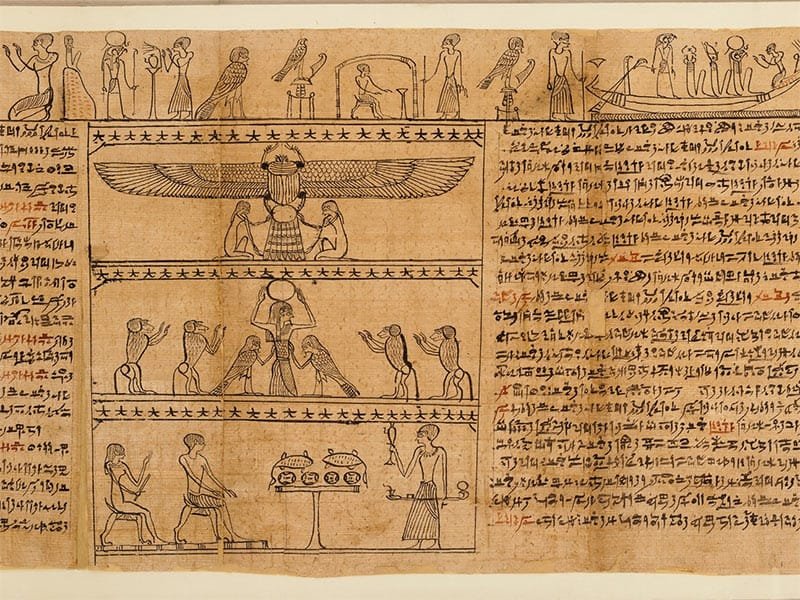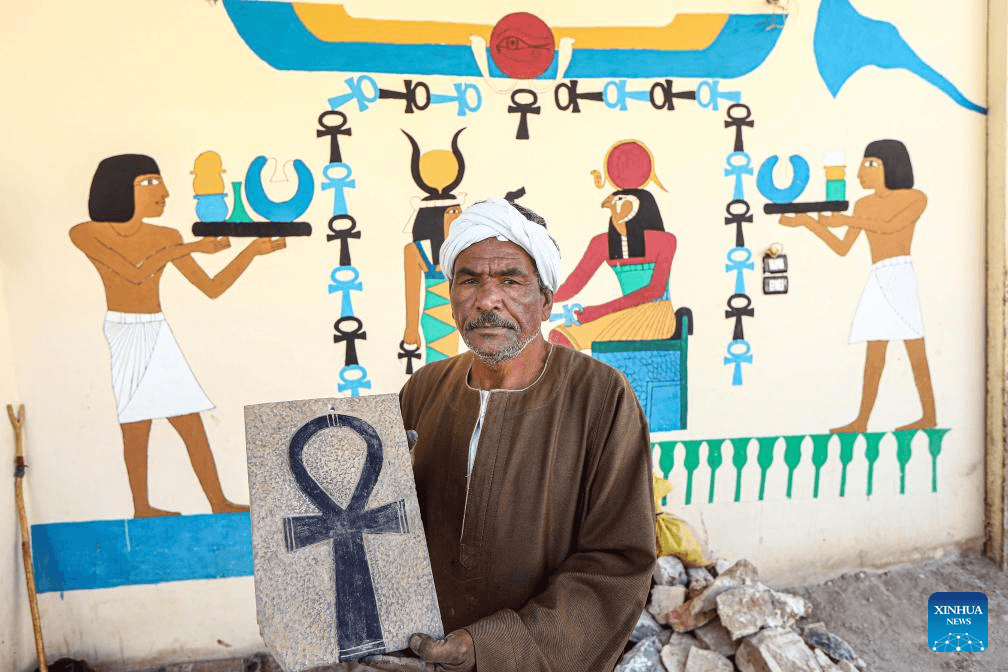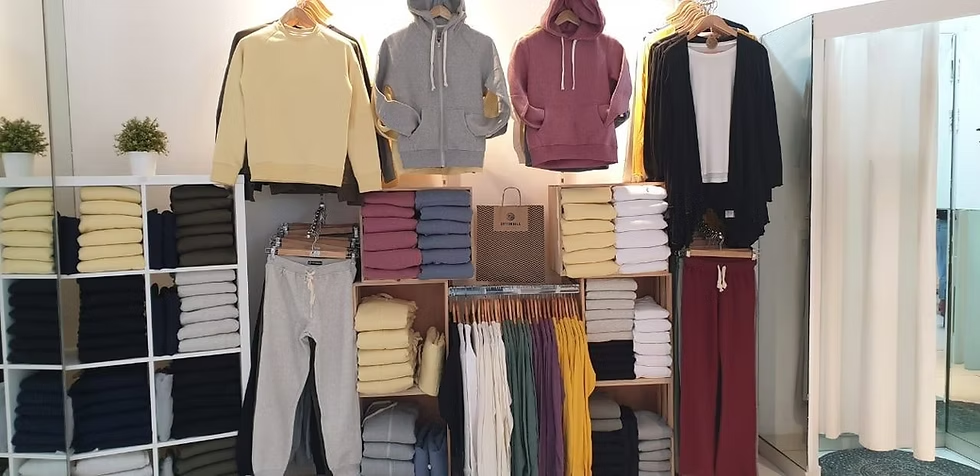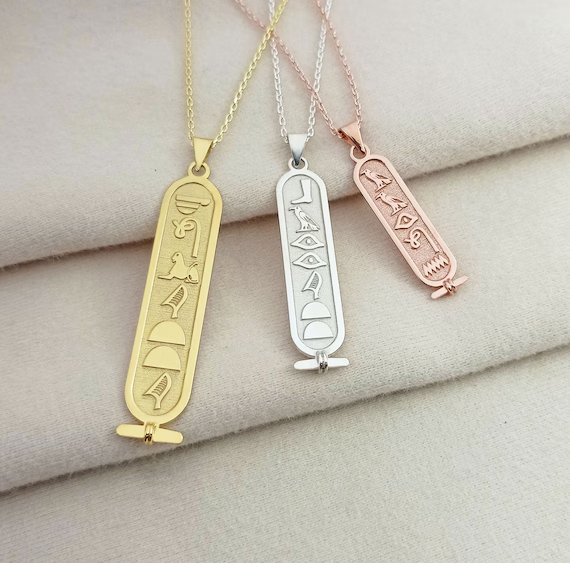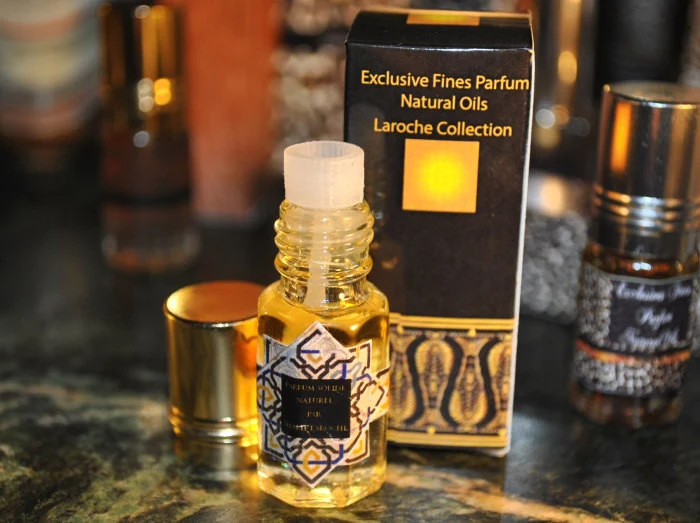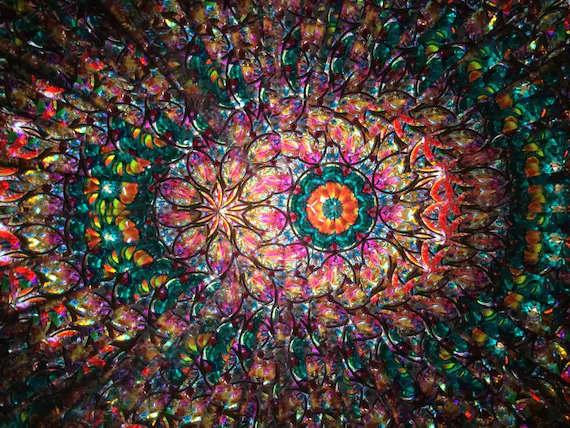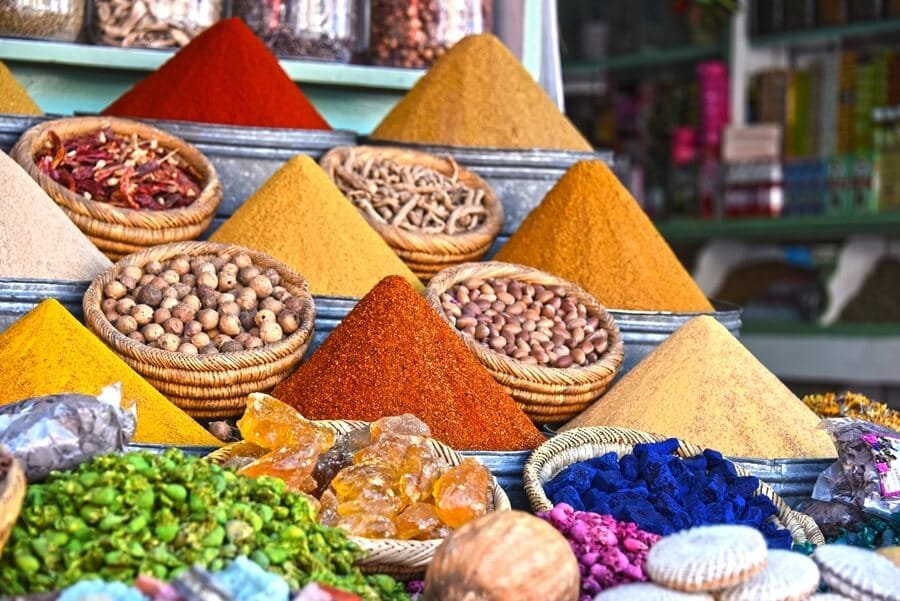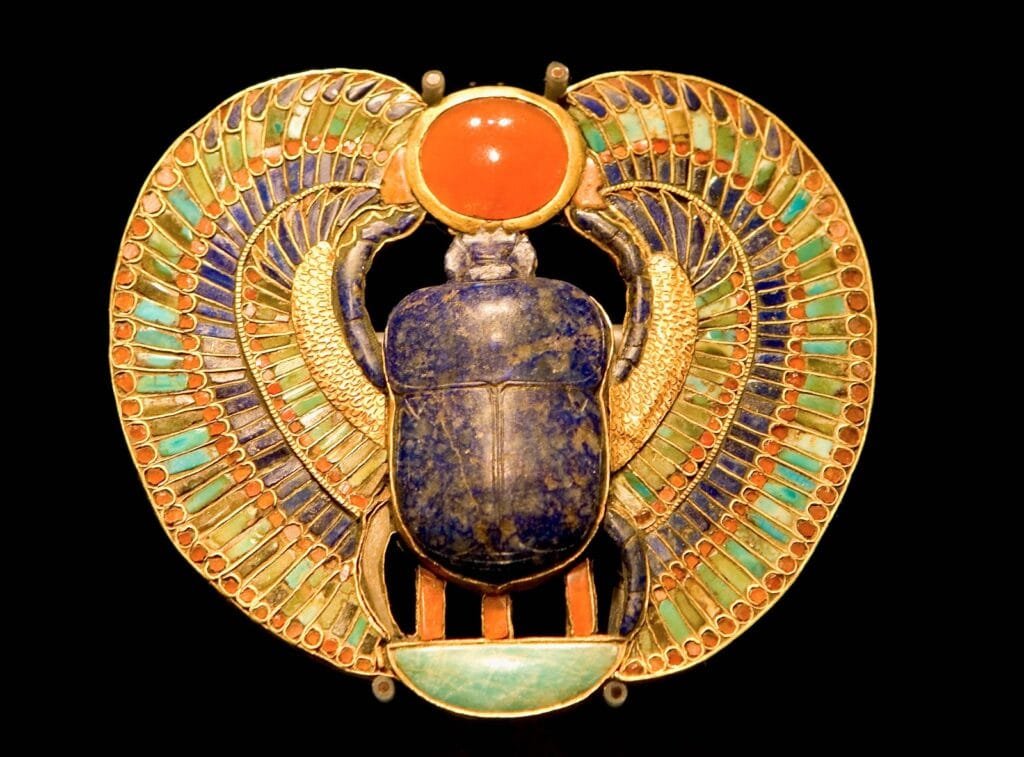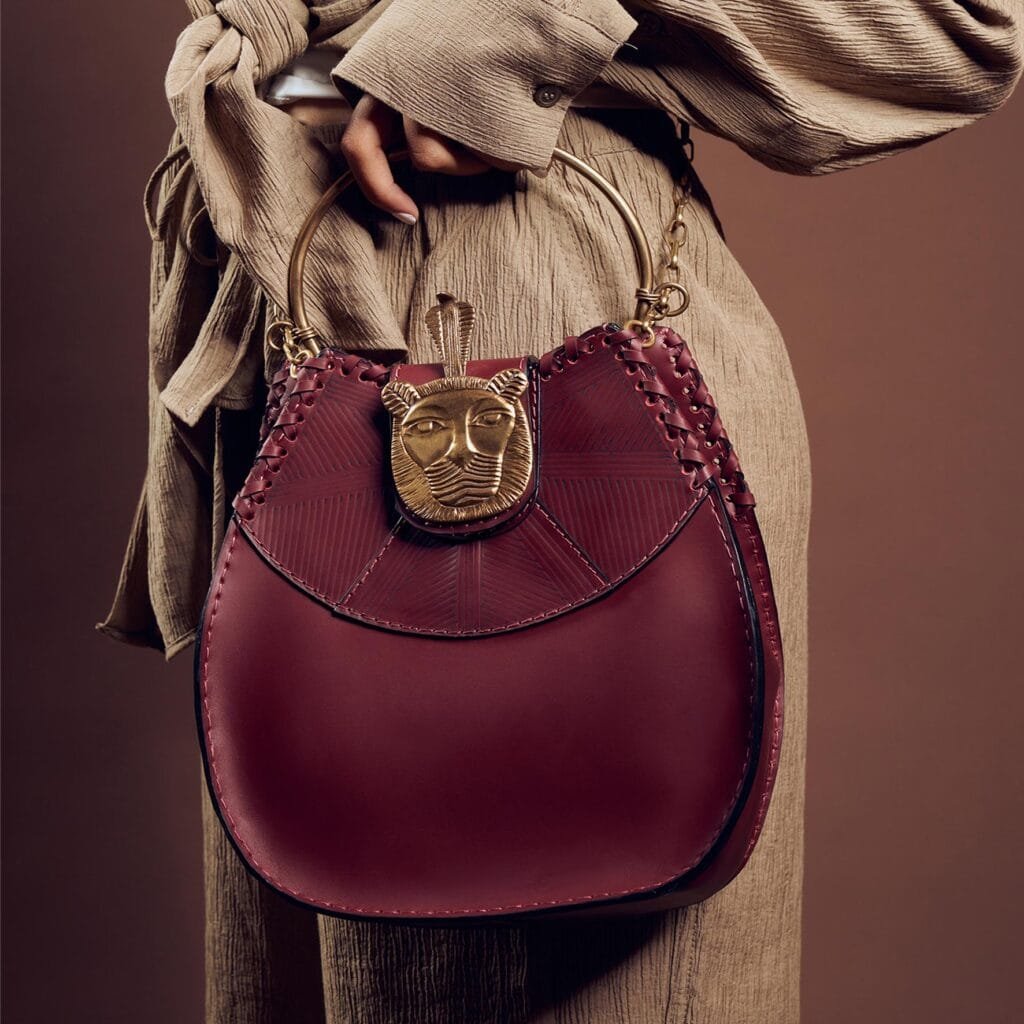- Egypt Tour Magic
- Egypt Tour Packages
- Excursions in Egypt
- Cairo Tours and Excursions
- Hurghada Tours and Excursions
- Soma Bay Tours and Excursions
- Makadi Bay Tours and Excursions
- Sahl Hasheesh Tours and Excursions
- El Gouna Tours and Excursions
- Marsa Alam Tours and Excursions
- Port Ghalib Tours and Excursions
- El Quseir Tours and Excursions
- Dendera and Abydos Day Tours
- Aswan Tours and Excursions
- Luxor Tours and Excursions
- Alexandria Tours and Excursions
- Sharm El Sheikh Tours and Excursions
- Top Rated Tours in 2025
- Optional Excursions in Egypt
- Private Transfer
- Blogs About egypt
- Ancient Egypt
- What You Need To know Before Your First Trip To Egypt
- Best Places to Visit in Egypt 2025
- Top Attractions in Red Sea Resorts 2025
- Top 10 Tourist Activities in Egypt
- Top 30 Activities You Can’t Miss in Egypt
- The Guide to Guided Tours in Egypt
- Egypt’s Ancient and Modern History
- The Nile River
- The Deserts of Egypt
- Historical Sites in Egypt
- Cairo
- Alexandria
- Luxor
- Aswan
- The Red Sea
- Dendera Temple
- El Fayoum Oasis
- Bahariya Oasis
- Siwa Oasis
- Al Alamein
- Marsa Matruh
- Ancient Egyptian gods
- famous Egyptian dishes
- UNESCO World Heritage sites
- About Us
- Why Egypt Tour Magic
- Egypt Tour Magic
- Egypt Tour Packages
- Excursions in Egypt
- Cairo Tours and Excursions
- Hurghada Tours and Excursions
- Soma Bay Tours and Excursions
- Makadi Bay Tours and Excursions
- Sahl Hasheesh Tours and Excursions
- El Gouna Tours and Excursions
- Marsa Alam Tours and Excursions
- Port Ghalib Tours and Excursions
- El Quseir Tours and Excursions
- Dendera and Abydos Day Tours
- Aswan Tours and Excursions
- Luxor Tours and Excursions
- Alexandria Tours and Excursions
- Sharm El Sheikh Tours and Excursions
- Top Rated Tours in 2025
- Optional Excursions in Egypt
- Private Transfer
- Blogs About egypt
- Ancient Egypt
- What You Need To know Before Your First Trip To Egypt
- Best Places to Visit in Egypt 2025
- Top Attractions in Red Sea Resorts 2025
- Top 10 Tourist Activities in Egypt
- Top 30 Activities You Can’t Miss in Egypt
- The Guide to Guided Tours in Egypt
- Egypt’s Ancient and Modern History
- The Nile River
- The Deserts of Egypt
- Historical Sites in Egypt
- Cairo
- Alexandria
- Luxor
- Aswan
- The Red Sea
- Dendera Temple
- El Fayoum Oasis
- Bahariya Oasis
- Siwa Oasis
- Al Alamein
- Marsa Matruh
- Ancient Egyptian gods
- famous Egyptian dishes
- UNESCO World Heritage sites
- About Us
- Why Egypt Tour Magic
🌟 Best Souvenirs to Buy in Egypt – Take a Piece of Egypt Home with You
When your Egyptian adventure comes to an end, there’s no better way to keep the memories alive than by bringing home some authentic souvenirs. Egypt isn’t just a country—it’s a living museum filled with stories carved in stone, woven into textiles, and captured in fragrances and art. Whether you’re wandering the bustling markets of Cairo, shopping in Luxor’s bazaars, or exploring artisan boutiques in Aswan, Egypt offers a dazzling array of souvenirs to suit every taste and budget.
In this blog, we offer a handpicked list of the best souvenirs to buy in Egypt, including cultural treasures, handmade crafts, and one-of-a-kind keepsakes that echo the soul of this ancient land.
1. Papyrus Scrolls – The Art of Ancient Storytelling
We offer visitors a glimpse into the world’s earliest form of paper with authentic papyrus scrolls—hand-painted artworks that depict scenes from ancient Egyptian mythology, daily life, or hieroglyphic inscriptions. These stunning pieces make elegant wall decor and are sold with a certificate of authenticity in reputable shops.
2. Alabaster Statues and Vases – The Craft of Luxor
If your travels take you to Luxor or the West Bank, you’ll encounter workshops where alabaster is still hand-carved using age-old methods. Delicate statues of pharaohs, gods, and sacred animals, as well as beautiful alabaster vases, are among the most beloved Egyptian handmade souvenirs.
3. Egyptian Cotton – The Softest in the World
We offer you a souvenir you can wear: authentic Egyptian cotton! Famed for its softness and durability, Egyptian cotton products include T-shirts, scarves, bedsheets, and galabeyas (traditional long robes). Look for labels that guarantee 100% pure Egyptian cotton, especially in Cairo and Alexandria markets.
4. Cartouche Jewelry – Wear Your Name Like a Pharaoh
Looking for something personal? A custom cartouche necklace engraved with your name in hieroglyphics is one of the most memorable gifts from Egypt. Available in gold or silver, these necklaces are timeless keepsakes that connect you to ancient royalty.
5. Perfume Oils – The Essence of Egypt
Egypt has long been known for its fragrant legacy. We offer visits to perfume palaces where you can smell and purchase pure essential oils inspired by ancient recipes. From lotus and myrrh to jasmine and sandalwood, these oils are long-lasting and alcohol-free.
7. Spices and Herbs – A Taste of the Bazaar
The spice markets of Egypt are a feast for the senses. We offer guests the chance to explore bazaars where you can buy fresh spices like hibiscus, cumin, coriander, and black seed, all essential to Egyptian cooking. Don’t forget to bring home some Egyptian tea or mint for a soothing reminder of your trip.
8. Scarabs and Amulets – Symbols of Protection
The scarab beetle, a symbol of rebirth and protection in ancient Egypt, is a popular and affordable souvenir. Available as jewelry, stone carvings, or small trinkets, scarabs are both meaningful and stylish. Other amulets like the Eye of Horus and the Ankh cross are also great spiritual souvenirs.
F.A.Q.
❓Frequently Asked Questions (FAQs) – Souvenirs in Egypt
Some of the most sought-after souvenirs include papyrus paintings, alabaster statues, perfume oils, Egyptian cotton clothing, cartouche jewelry, spices, and scarab amulets. Each one reflects Egypt’s unique heritage and craftsmanship.
We recommend:
Khan El Khalili Bazaar in Cairo for traditional and handmade crafts.
Luxor’s Alabaster workshops for genuine stone carvings.
Aswan’s Nubian Market for vibrant textiles and Nubian items.
Local bazaars in Hurghada, El Gouna, and Sharm El Sheikh for convenient shopping near the Red Sea.
Yes! One of the most popular personalized items is the cartouche necklace, where your name is inscribed in ancient hieroglyphs on silver or gold. Some workshops also offer custom papyrus scrolls or engraved scarabs.
Genuine papyrus is made from the papyrus plant, not banana leaves or plastic. Authentic papyrus will be thicker, textured, and often comes with a certificate of authenticity. We recommend buying from registered papyrus institutes.
Yes, the perfume oils sold at certified perfume palaces in Egypt are 100% natural, alcohol-free, and derived from flowers, fruits, or spices. They’re safe for the skin and also used in aromatherapy.
Popular spices include:
Hibiscus (Karkade) for tea
Cumin, coriander, and black seed (Nigella) for cooking
Dried mint and chamomile for herbal infusions
You can find these in local spice markets or herbalist shops.
Yes, but always buy from licensed jewelry stores or well-known market stalls with good reputations. Look for hallmarks that indicate the metal’s purity, and don't hesitate to ask for a receipt or certificate.
Yes. Most shops in tourist areas offer shipping services, especially for large alabaster items, carpets, or glassware. Just make sure the store uses a reputable courier and provides tracking.
Absolutely! Bargaining is a common practice in most Egyptian bazaars and is part of the shopping experience. Smile, stay polite, and don’t be afraid to negotiate.
Yes. Avoid buying:
Antiquities (illegal to export without permission)
Animal products (ivory or endangered species)
Fake papyrus or fake cotton – ask for authenticity
Of course! At Egypt Tour Magic, we offer private shopping tours in Cairo, Luxor, Aswan, Hurghada, and more. Our guides take you to trusted vendors and local artisans, help you bargain, and ensure you get authentic souvenirs at fair prices.


